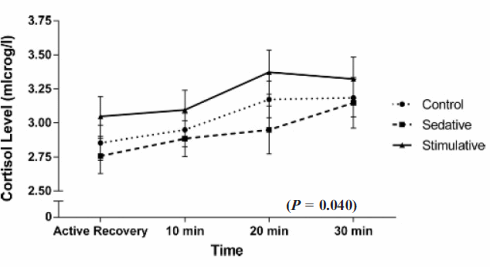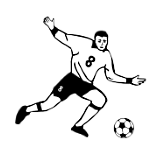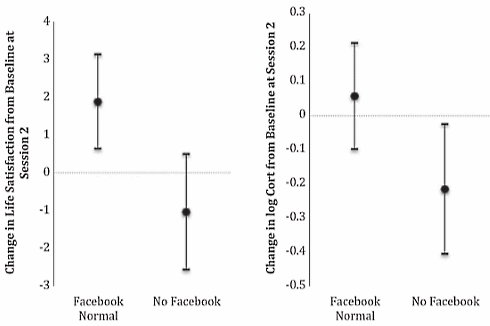|
Music after your workout speeds recovery
By listening to music you train better and more intensively, we recently wrote. By listening to intensive and energetic music, at least. Meditative and soothing music with fairy-like synthesizers and a drugged piano or pan flute is, ehm, less effective. But it is precisely this type of music that can be useful for athletes in a completely different way. It can speed up their recovery.
Heart rate
It is not new that music relaxes the body more quickly after intensive physical exertion. For example, in 2008, sports scientists at Nanjing Institute of Physicial Education published a study in which, after physical exertion, subjects' heart rates normalized more quickly when subjects listened to relaxing music. [Sports Med Phys Fitness. 2008;48(1):102-6.]
Study
In 2017, in Medicine & Science in Sports & Exercise, a human study by movement scientists from Brunel University London was published, in which they studied the effect of music on cortisol levels. Cortisol is a hormone that stimulates energy production during exercise or other forms of physical stress, but that can also inhibit muscle growth. We're not telling you anything new.
The researchers repeated that protocol three times. On one occasion the researchers did not listen to music, on another occasion they listened to stimulating high-tempo music and on yet another occasion they listened to soothing music.
The British had 42 physically active students - 21 men, 21 women - cycle intensively. After that, the students cycle for a further 30 minutes at a leisurely pace [active recovery].
Study
If the subjects listened to soothing music during their active recovery, they felt calmer than under the other two experimental conditions, the figure below shows.


The British measured the concentration of cortisol in the subjects' saliva, and saw that during the active recovery the rise in cortisol concentration rose less when the students listened to soothing music.
Conclusion
"The present findings indicate that music of a slow, sedative nature can expedite the recovery processes that follow strenuous physical exercise and is particularly beneficial in terms of downregulating affective arousal," the British summarize.
Source:
Med Sci Sports Exerc. 2018;50(4):739-46.
More:
Music with more volume for more strength 08.03.2020
The music you love improves your workout 07.03.2020
Music with 190 bpm improves your workouts 02.03.2020
Music improves sports performance 17.06.2013
Archives:
Endurance Training & Cardio Training
Music
|
|






